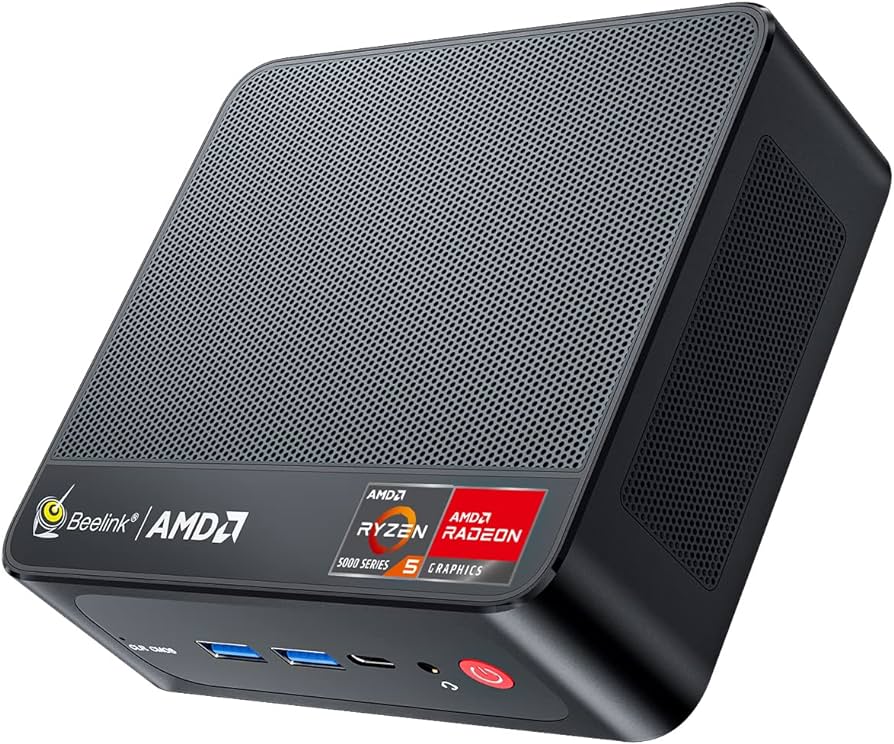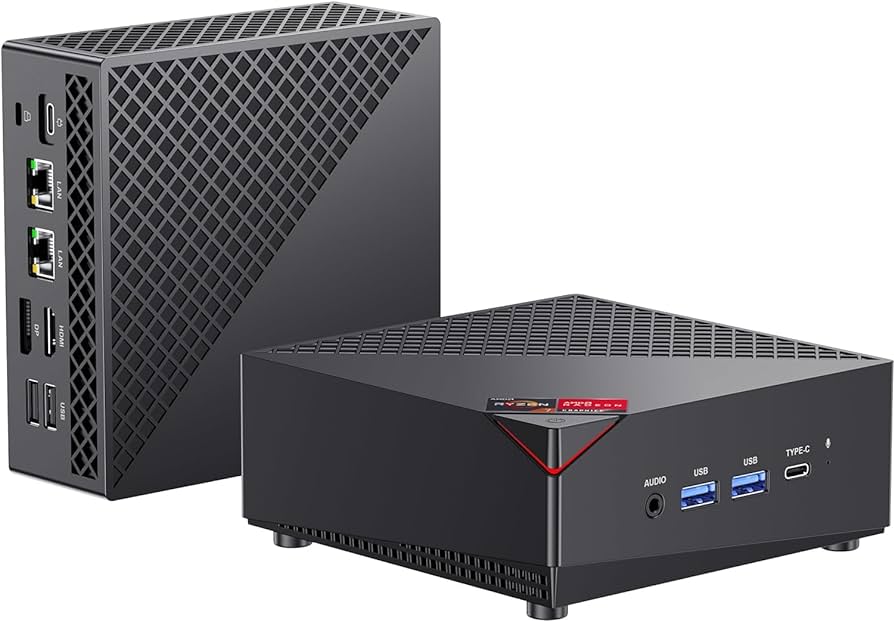Managed Services Providers (MSPs) are third-party companies that provide IT services to businesses. These services include network management, cloud computing, security, and other technology-related solutions. MSPs are essential for businesses of all sizes, as they help manage IT operations and reduce costs. However, businesses need to ensure that their MSP is meeting their requirements and delivering value. In this article, we will discuss how to evaluate your MSP’s performance to ensure that they are delivering the best possible service.
Understand Your MSP’s Service Level Agreement (SLA)
The first step in evaluating your MSP’s performance is to understand the Service Level Agreement (SLA). The SLA is a contract between the MSP and the business that outlines the services provided, the quality of service, and the pricing. It is crucial to review the SLA regularly to ensure that the MSP is meeting the agreed-upon terms. The SLA should include clear and measurable performance metrics that the MSP must meet. These metrics could include uptime, response time, and resolution time.
It is also essential to ensure that the MSP is meeting its SLA obligations. This can be done by monitoring the MSP’s performance against the metrics outlined in the SLA. If the MSP is not meeting its obligations, the business should address the issue immediately and work with the MSP to resolve the problem.
Additionally, businesses should ensure that the SLA is reviewed and updated regularly to reflect changes in the business’s requirements and the MSP’s capabilities. This will help ensure that the MSP is providing the best possible service and delivering value to the business.
Monitor Your MSP’s Performance
Monitoring your MSP’s performance is crucial in evaluating their performance. This can be done by using monitoring tools that track the MSP’s performance against the SLA metrics. These tools can provide real-time information on the MSP’s performance, allowing businesses to identify any issues quickly.
Additionally, businesses should conduct regular performance reviews with the MSP. These reviews should include an assessment of the MSP’s performance against the SLA metrics and a discussion of any issues or concerns. The reviews should also include an evaluation of the MSP’s responsiveness, communication, and customer service.
Businesses should also seek feedback from their employees on the MSP’s performance. This can be done through surveys or focus groups. The feedback can provide valuable insights into the MSP’s performance and help identify areas for improvement.
Evaluate Your MSP’s Security Measures
Security is a critical aspect of MSP services. Businesses should evaluate their MSP’s security measures to ensure that they are adequate and meet the business’s requirements. The MSP should have robust security policies and procedures in place to protect the business’s data and systems.
Businesses should also ensure that the MSP’s security measures are up to date and meet industry standards. This can be done by reviewing the MSP’s certifications and accreditations, such as ISO 27001 and SOC 2. These certifications demonstrate that the MSP has implemented robust security measures and meets industry standards.
Additionally, businesses should conduct regular security assessments of their MSP’s systems and processes. These assessments should identify any vulnerabilities or weaknesses and provide recommendations for improvement.
Review Your MSP’s Communication and Customer Service
Communication and customer service are essential components of MSP services for businesses. The Managed Service Columbus Ohio has clear and effective communication channels in place to ensure that the business is informed of any issues or changes. The MSP should also have a responsive and helpful customer service team that can address any concerns or questions.
Businesses should evaluate the MSP’s communication and customer service by assessing their responsiveness, professionalism, and effectiveness. This can be done by reviewing customer feedback, conducting surveys, or holding regular meetings with the MSP’s customer service team.
If the MSP’s communication and customer service are not meeting the business’s requirements, the business should address the issue with the MSP and work to improve the situation.
Assess Your MSP’s Scalability and Flexibility
Scalability and flexibility are essential components of MSP services, particularly for growing businesses. The MSP should be able to scale its services to meet the business’s changing requirements and provide flexible solutions that can adapt to the business’s needs.
Businesses should assess their MSP’s scalability and flexibility by reviewing their ability to provide additional services or resources quickly and efficiently. The MSP should also be able to customize its services to meet the business’s unique requirements.
If the MSP’s scalability and flexibility do not meet the business’s needs, the business should address the issue with the MSP and explore alternative solutions.
Evaluate Your MSP’s Proactivity and Innovation
Proactivity and innovation are critical components of MSP services. The MSP should be proactive in identifying and addressing potential issues before they become problems. The MSP should also be innovative in providing new solutions and technologies that can improve the business’s operations.
Businesses should evaluate their MSPs’ proactivity and innovation by assessing their ability to identify and address potential issues, provide proactive recommendations, and introduce new technologies or solutions.
If the MSP’s proactivity and innovation do not meet the business’s requirements, the business should address the issue with the MSP and explore alternative solutions.
Review Your MSP’s Pricing and Value
Pricing and value are essential considerations when evaluating an MSP’s performance. The business should ensure that the MSP’s pricing is competitive and provides value for money. The MSP should also be transparent in its pricing and provide a clear breakdown of costs.
Businesses should evaluate their MSP’s pricing and value by assessing their pricing against industry standards and comparing it to alternative solutions. The business should also review the MSP’s pricing regularly to ensure that it remains competitive and provides value for money.
Evaluate Your MSP’s Partnership
An MSP should be a partner to the business, not just a vendor. The MSP should work collaboratively with the business to understand their requirements and provide solutions that meet their needs. The MSP should also be responsive and flexible in their approach to working with the business.
Businesses should evaluate their MSP’s partnership by assessing their ability to work collaboratively with the business, understand their requirements, and provide solutions that meet their needs. The business should also review the MSP’s responsiveness and flexibility in its approach to working with the business.
Conclusion
Evaluating your MSP’s performance is essential to ensure that they are delivering the best possible service and providing value for money. Businesses should regularly review their MSP’s SLA, performance, security, communication and customer service, scalability and flexibility, proactivity and innovation, pricing and value, and partnership. By doing so, businesses can ensure that their MSP is meeting their requirements and providing the best possible service.





